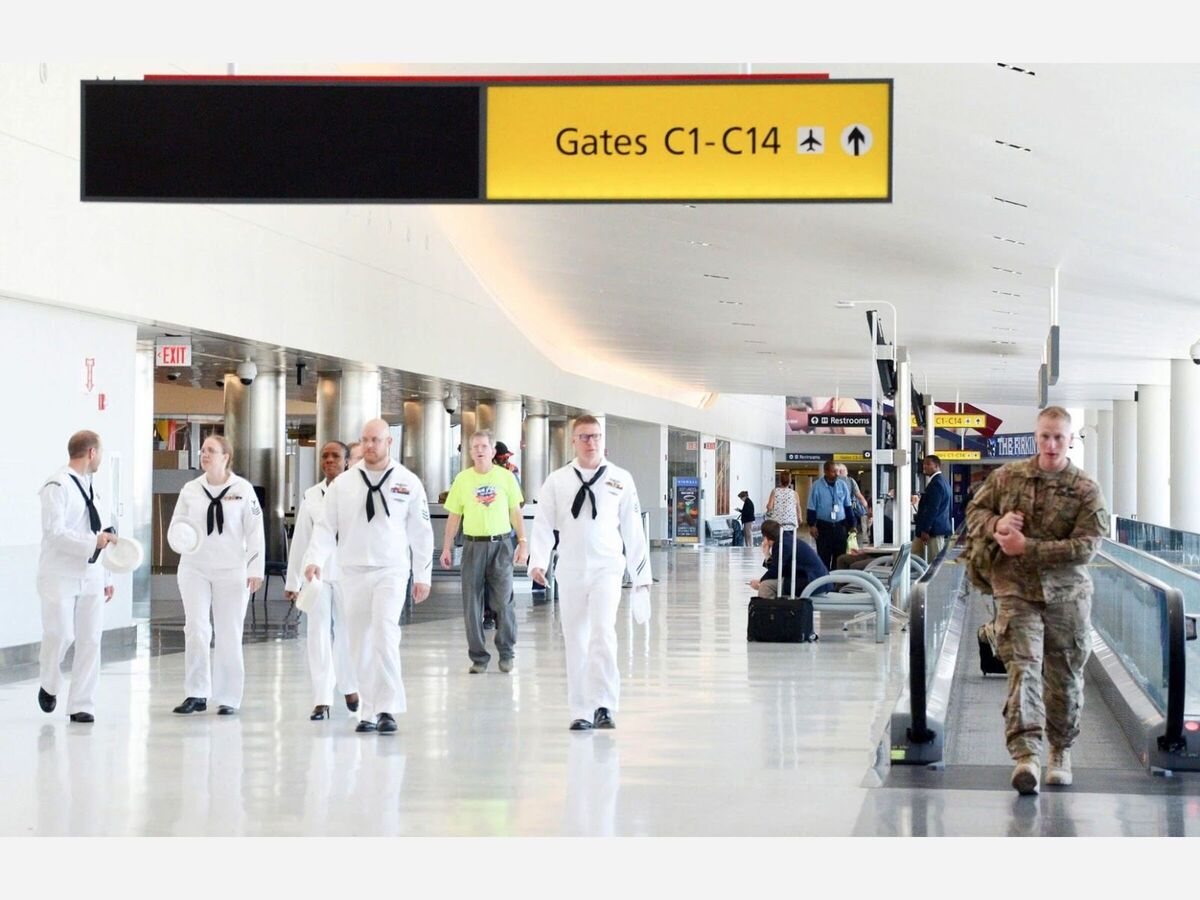Image

by Jesse Rifkin, Gov TrackInsider
Airport security is conducted by the Transportation Security Administration (TSA).
Begun in October 2011, their program TSA PreCheck allows pre-approved travelers who pass a background check and pay a $85 fee to go through a sped-up version of airport security. For example, they don’t have to remove their belts, shoes, or laptops.
More than 11 million people have enrolled so far. Active duty military members are already eligible at no cost, but that’s not the case for veterans.
What the legislation does
The Veterans Expedited TSA Screening (VETS) Safe Travel Act would let all disabled or severely injured veterans enroll on the TSA PreCheck list, at no charge.
The House version was introduced on February 5 as H.R. 855, by Rep. Paul Gosar (R-AZ4). The Senate version was introduced four and a half months later on June 24 as S. 2280, by Sen. Todd Young (R-IN).
What supporters say
Supporters argue the legislation helps those who fought and sacrificed for the nation, at a level that’s already provided (fairly uncontroversially) to existing Armed Forces members.
“As a Marine, I swore always to remain faithful to those serving by my side. That includes ensuring our veterans receive the care and respect they are due after they return home,” Sen. Young said in a press release. “As we return to travel, some veterans with disabilities dread the airport because of the indignities they will endure at security checkpoints. [The legislation] has the potential to help the 70,000 amputee, 100,000 paralyzed, and 130,000 blind veterans currently subjected to a rigorous and demeaning screening process when traveling.”
Odds of passage
Rep. Gosar introduced a version in the prior Congress, which attracted 44 bipartisan cosponsors: 23 Republicans and 21 Democrats. Though it was approved by committee, it never received a vote in the full chamber.
The current House version has attracted a somewhat smaller 30 bipartisan cosponsors: 19 Republicans and 11 Democrats. It awaits a potential vote in either the House Homeland Security or Veterans’ Affairs Committee. (The former was the committee which approved it in 2019.)
Sen. Young introduced a version in the prior Congress, which attracted three bipartisan cosponsors: two Democrats and one Republican. It passed the Senate by unanimous consent, a procedure used for relatively noncontroversial legislation without significant opposition. However, it never received a vote in the House.
The current Senate version has attracted an identical three bipartisan cosponsors: two Democrats and one Republicans.
It awaits a potential vote in the Senate Commerce, Science, and Transportation Committee.